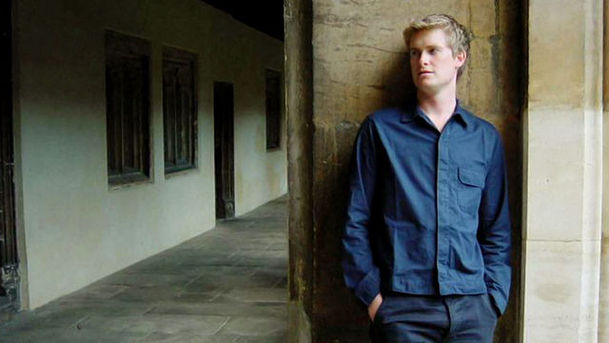Sunday Feature - Ideas - The British Version (Series 2) - Heartland Theory

Another chance to hear historian Tristram Hunt's series Ideas - The British Version, which follows the surprising journeys of ideas that first developed in Britain, and then spread around the world. In the first programme, Tristram traces the story of British geographer Sir Halford Mackinder and his 'Heartland Theory'. Mackinder argued that the geography of Eurasia meant that Russia and its border countries constituted a vast fortress, land-locked and impregnable - and that if this 'Heartland' ever fell under the control of a single Great Power, it would give it the potential to dominate the world. HIs idea, first aired in 1904, was largely ignored in Britain, but in the years after World War I, it was taken up - and twisted into a disturbing new shape - by a German geopolitician called Karl Haushofer. Haushofer tutored Hess and Hitler while they were in prison in Munich in the 1920s. Haushofer drew on Mackinder to argue that Germany should form a grand alliance with Russia and Japan, in order to dominate the Heartland. So when news of the Nazi-Soviet Pact surprised the world in 1939, US interest in Mackinder's theory spread like wildfire. In the early 1940s, books, articles and even a Frank Capra propaganda movie - which Tristram watches with Mackinder's biographer - spelt out Haushofer's perversion of Mackinder's idea into a 'Nazi plan for world domination'. As it became clear that Germany would lose, the elderly Mackinder was reached in his West Country bolthole by New York's Foreign Affairs magazine. FA's Managing Editor shows Tristram the letters between his predecessor and Mackinder, and explains how the resulting article helped to set the stage for post-war geopolitics. This series was first broadcast in Autumn 2009.